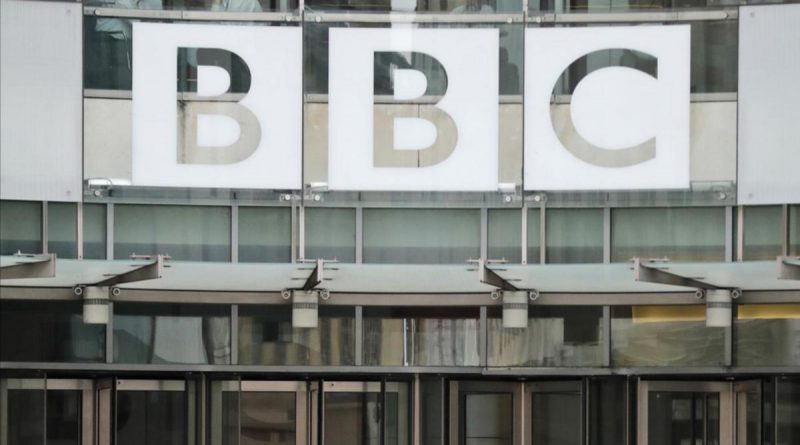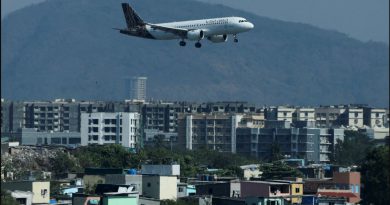Trump Indicates He May Sue BBC for Up to $5 Billion Over Edited Speech Controversy
Washington – U.S. President Donald Trump said he is preparing to file a lawsuit against the BBC as early as next week, stating that the broadcaster’s editing of a past speech created a misleading impression of his remarks.
He noted that the potential legal claim could range between $1 billion and $5 billion, though legal analysts say any such case would require evidence of intentional harm and measurable damages.
The broadcaster has faced intense scrutiny after acknowledging that footage from Trump’s January 6, 2021 address was edited in a way that combined separate segments of the speech.
Two senior BBC officials resigned as criticism mounted, and the editing incident triggered what many observers have called one of the organization’s most severe internal crises in decades.
Trump’s lawyers had previously demanded that the BBC retract the documentary in which the edited video appeared.
They argued that the sequence portrayed Trump as inciting unrest and that the edited clips distorted the tone and meaning of his original remarks.
The BBC issued a personal apology to the White House and admitted the editing was “an error of judgement,” though it denied any intention to mislead viewers.
It said the program would not be rebroadcast but rejected the claim of defamation, maintaining that the error did not constitute grounds for legal liability.
Trump said that despite the apology, he believes the edit substantially misrepresented his speech and therefore caused significant reputational harm.
He told reporters that the video stitched together statements made nearly an hour apart, creating what he described as an inaccurate and harmful impression.
He added that he had not yet spoken directly with British Prime Minister Keir Starmer about the matter, although he expected to do so soon.
According to Trump, Starmer attempted to reach him and expressed concern that the controversy had placed the broadcaster under heavy political and public scrutiny.
The edited segment appeared on the BBC’s investigative program “Panorama,” combining multiple clips into a single sequence.
Trump’s legal team said the result suggested he encouraged unrest that occurred later that day, which they argue contradicts the content of his full remarks.
In a separate interview with a British television channel, Trump characterized the edit as “impossible to believe” and said it exceeded what he considered typical media misrepresentation.
He compared it to political interference and insisted that the edit altered the context of a speech he described as calm and measured.
Trump also said that while the BBC claimed the edit was unintentional, he believed the impact went beyond editorial error. He argued that editing decisions affecting major political figures require heightened caution to ensure fairness, accuracy and transparency.
The controversy has triggered internal reviews at the BBC, with additional inquiries underway regarding editing practices on other programs.
The organization said it is examining these concerns to reinforce editorial guidelines and avoid similar incidents in the future.
Lawmakers in the United Kingdom responded by stressing the importance of public trust in national broadcasters. Government officials welcomed the apology and emphasized the need for continued accountability during the BBC’s internal review.
Trump stated that the lawsuit is still being prepared and will be filed unless new developments provide a reason to reconsider. He said he views legal action as the appropriate step to address what he sees as a misrepresentation that could influence public perception.
Observers note that defamation cases involving public figures can be challenging, as they require proof of actual malice or intentional wrongdoing. However, they also acknowledge that the dispute highlights broader concerns about media accuracy, political communication and the responsibilities of public broadcasters.
The situation continues to draw significant attention from audiences in both the United States and the United Kingdom, with further statements expected as investigations progress.
Whether the dispute ends in litigation, settlement or institutional reform remains uncertain, but it has already become a major media and political talking point.



